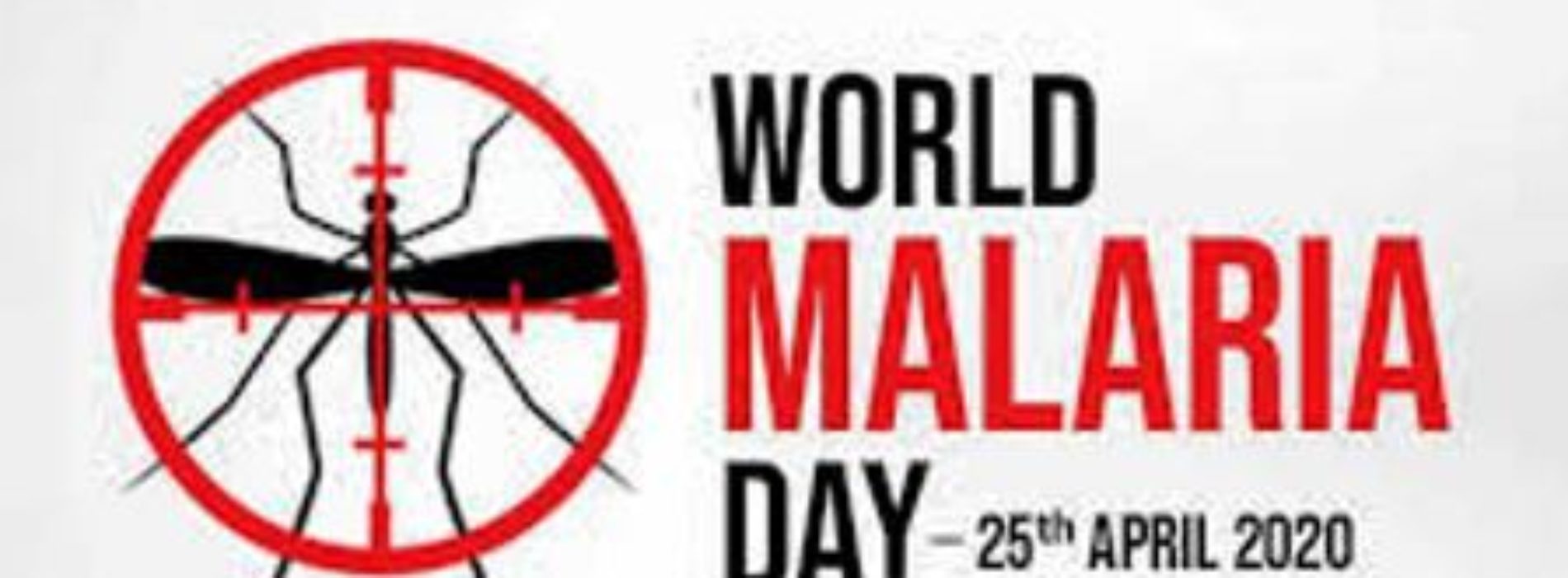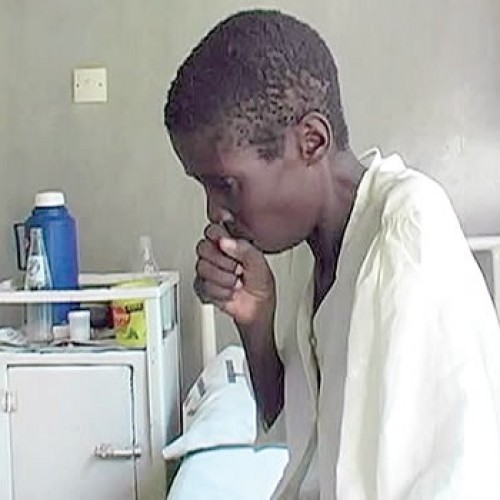World Malaria Day: Global partnership tasks countries on timely action against malaria
The Roll Back Malaria (RBM), a partnership towards ending malaria, has called on countries to act and save almost 400,000 additional lives from malaria, even as the world was grappled with the COVID-19 pandemic.
RBM, a global platform for coordinated action against malaria, made the call on Saturday in a statement issued from Geneva to commemorate the World Malaria Day.
The World Malaria Day is an international observance commemorated every year on 25 April and recognises global efforts to control malaria.
Globally, 3.3 billion people in 106 countries are at risk of malaria.
“RBM along it partners is urging leaders of malaria affected countries to take advantage of the critical window of opportunity they now have, before the rainy season, to save lives and prevent over-burdening health systems.
“The regional partners include World Health Organisation (WHO) and the Global Fund to Fight AIDS, Tuberculosis and Malaria.
“The call comes in response to a new modelling study from WHO, which suggests that severe disruptions to insecticide-treated net campaigns and in access to antimalarial medicines due to COVID-19 could lead to a doubling of malaria deaths.
“It could lead to doubling of malaria deaths potentially resulting in up to almost 800,000 malaria deaths in 2020.
“According to 2019 World Malaria Report, approximately 400,000 people died from malaria, the lowest level ever in almost 20 years.’’
The body, however, urged countries urged to ‘move quickly’ whilst the ongoing pandemic placed extra burden on low-resourced health systems.
“It placed extra burden on health system, particularly in Africa, which carries 90 per cent of the global malaria burden, as well as parts of Asia and Latin America.
“The malaria community is calling for these countries to safely continue life-saving malaria interventions that accelerate diagnosis and treatment at the community level.
“These interventions include the distribution of long-lasting insecticide treated nets and preventative treatments for pregnant women and children, who are most at greatest risk of dying from a mosquito bite,’’ it said.
The statement quoted Dr Abdourahmane Diallo, Chief Executive Officer of the RBM Partnership to End Malaria, as saying: “we must ensure that effort of curbing COVID-19 does not compromise malaria intervention.
“As COVID-19 spreads across the globe we must ensure that efforts to contain the virus do not compromise access to life-saving malaria prevention, diagnosis and treatment services.
“In 2018, investments in the malaria fight saved almost 600,000 lives and prevented nearly 100 million new infections compared to 2000 levels.
“Divert this funding or place holds on malaria interventions that could be safely carried out now and we could see an exponential increase in deaths from malaria this year.
“In the face of COVID-19, countries must act now to save lives, protect hard-fought progress, and strengthen health systems—our first line of defence against existing and emerging threats to public health.”
According to the statement, early diagnosis and treatment of malaria at the community level is vital to preventing cases from becoming severe, which often require hospitalisation and lead to death.
“In 2018, children under five accounted for nearly two thirds of all malaria deaths worldwide and one in three pregnant women in sub-Saharan Africa were infected with malaria.
“Global investments in the malaria fight have helped to save seven million lives and prevent more than one billion cases of malaria since 2000 – gains which are now under threat from COVID-19.”
The RBM Partnership is comprised of more than 500 partners, including malaria endemic countries, their bilateral and multilateral development partners and the private sector.
Others are nongovernmental and community-based organisations, foundations as well as research and academic institutions.
The body mobilises for action and resources and forges consensus among Partners.
It was launched in 1998 by WHO, UNICEF, UNDP and the World Bank in an effort to provide a coordinated global response to the disease. (NAN)
About author
You might also like
80% of Nigerians Unaware of Tuberculosis Threat, Impeding Control Efforts – Expert
Over 18,000 TB Cases Diagnosed in Lagos in 2023 Despite tuberculosis (TB) being a significant public health issue, over 80% of Nigerians remain unaware of the disease’s signs and symptoms,
WHO survey reveals global ignorance on antibiotic resistance
Read findings of survey by countries here: As the World Health Organisation (WHO) ramps up its fight against antibiotic resistance, a new multi-country survey shows people are confused about this
Philips introduces new diagnostic device to prevent childhood pneumonia
Royal Philips has announced the upcoming release of a Children’s Automated Respiration Monitor, aimed to help improve the diagnosis and treatment of pneumonia in low-resource countries, potentially preventing many of






0 Comments
No Comments Yet!
You can be first to comment this post!